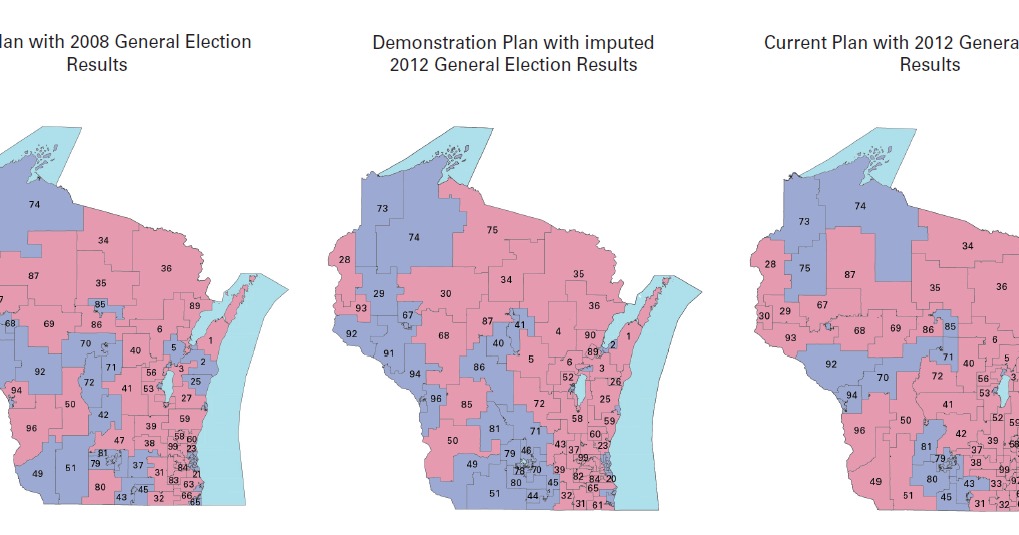The alternative to democracy is not authoritarianism. Democracies can be authoritarian or not. The key is being able to escape the reach of government. This brings freedom because the state doesn’t want to scare you off. If you have large powerful governments, sometimes it takes quite an effort to escape it. Sometimes you must travel to distant locales that do not share your culture. Some easily escapable governments are Singapore, Hong Kong, Monaco, Liechtenstein, and Switzerland. You can escape these places and still remain in the same basic culture and you don’t have to go far.

Federal judges panel finds state redistricting plan an 'unconstitutional...
A panel of federal judges on Monday ruled that Wisconsin's 2011 legislative redistricting plan, created by Republican leaders virtually in secret, is an unconstitutional partisan gerrymander.